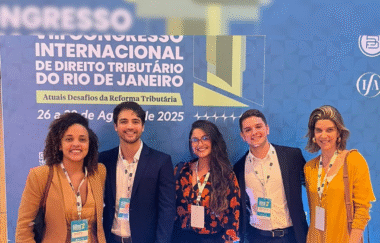
Law No. 13,709 of 2018, known as the General Data Protection Law ("LGPD"), in order to protect fundamental rights, promoted changes in the processing of personal data in Brazil, establishing standards that must be respected by public and private entities.
In order to ensure this protection, the companies that handle and store the data have made (and continue to make) expenses to meet the obligations provided for in the LGPD, arcane, for example, with expert advisory, expenses for implementation of data protection program, financial investments in systems and professional training.
In this sense, the LGPD defines that (i) companies "must adopt security, technical and administrative measures able to protect personal data" from unauthorized third party access and accidental or unlawful disclosure situations and, (ii) since the beginning of this month (01/08/2021), the violation of the rules provided for by law may be penalized, among other sanctions, with a fine on the percentage of the company's billing and blocking of personal data.
In this context, many taxpayers affected by the law are triggering the Judiciary to see recognized their right to appropriate credit in the PIS/COFINS calculation in the non-cumulative regime, claiming that such expenses would be insums for business activity. The framework of these expenses as "insumo" has been supported by Special Appeal 1.221.170/PR, judged by the Superior Court of Justice, in which it was established that expenses with essential goods and services relevant to the activity developed by the company would be able to generate pis/cofins credit.
It is noteworthy that among the relevant expenses, the Superior Court of Justice explicitly included the expenses incurred by legal imposition,such as personal protective equipment – PPE. Adopting this line of thinking, we are aware of the manifestation of the Internal Revenue Service itself admitting that expenses determined by environmental legislation would be creditable.
Thus, bringing the logic of the decided in Special Appeal 1.221.170/PR, there are already favorable precedents of the 1st instance that considered that the expenses necessary to fulfill the obligations of the LGPD would be (i) necessary and indispensable to the activity of the company and (ii), therefore, eligible for credit purposes of pis / COFINS, in the non-cumulative regime.
The tax team of souza, mello and torres is available to clarify any doubts and analysis of the appropriate measures in each case.


